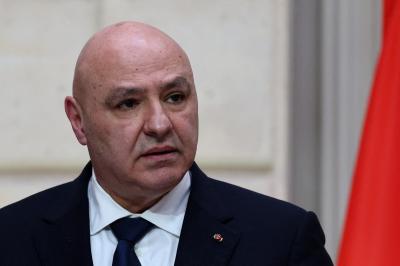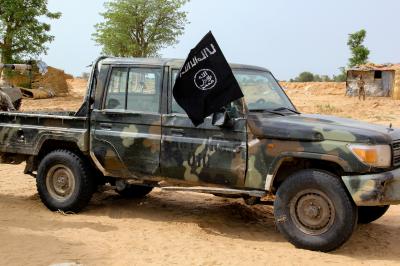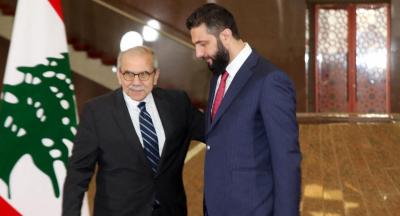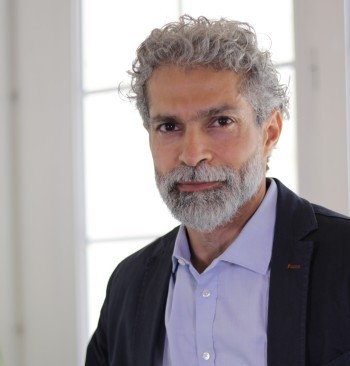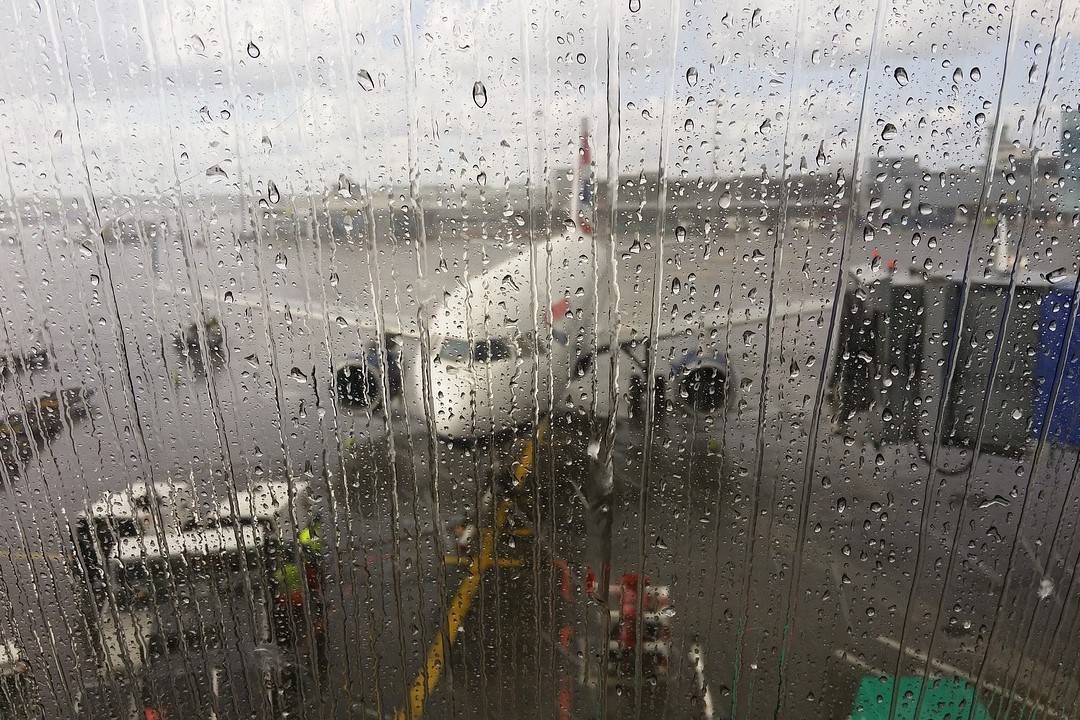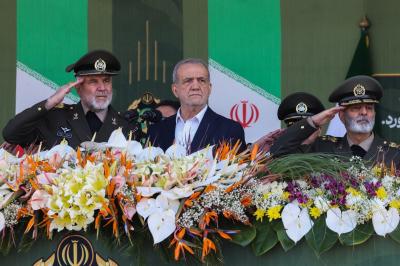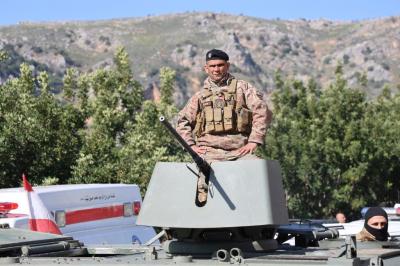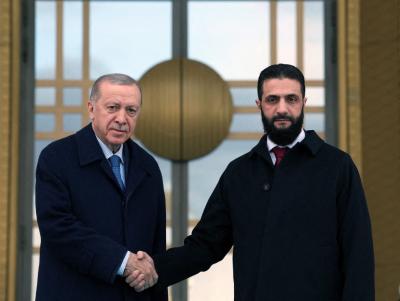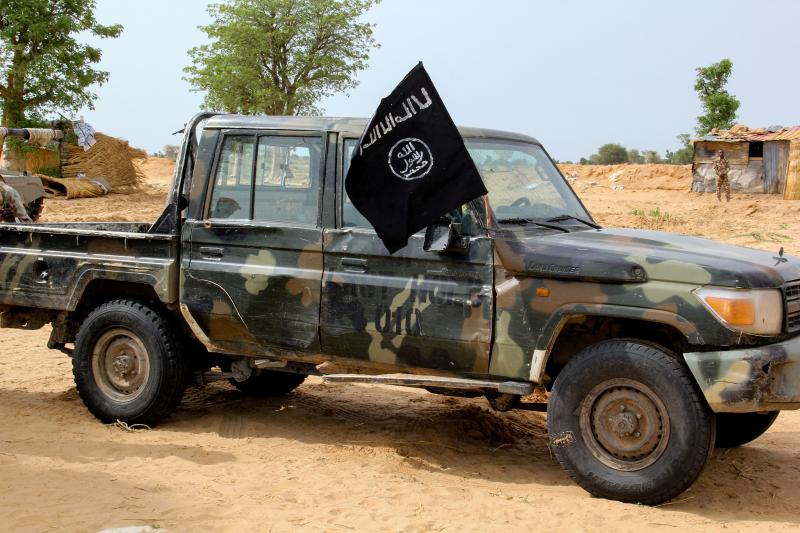Wishing security for the country in a context like Lebanon's gives a negative impression, although the phrase itself contains nothing wrong. The issue lies in what the wish implies and what the recipient can infer from its meanings.
"Goodbye, my country" is a phrase that might be familiar in various Lebanese regions, where the word "country" refers to the soldiers of the Lebanese army. Many situations arise where citizens greet soldiers deployed in different Lebanese regions by saying, "May God be with you, oh homeland." Assuming that "homeland" here refers to the military personnel deployed across the country for years in conditions resembling constant war, varying between a state of emergency, maximum alert, or general mobilization, depending on the regions. Despite the country's small geographical size, its extremities differ based on their location relative to the borders and what lies beyond those borders. Its ability to face any aggression is limited, with the use of its equipment being restricted according to the manufacturer's and weapon supplier's orientations.
Here, the soldier, instead of being stationed as in other countries of the world, is now present everywhere and performs all tasks, with its members even taking on tasks that were supposed to be carried out by civilian employees. All this was before the economic and financial crisis that hit the country. So, imagine now, as the soldier gets by with a monthly financial aid that his hierarchy receives from some "friendly countries."
This same soldier, in his current situation in terms of daily life, who possesses neither an arsenal of war, nor maritime fleets, nor squadrons of warplanes, some want him to face the defense missions against foreign ambitions on his territory. Some even want him to be active in internal confrontation without taking into account everything that has happened before or the military doctrine that overlooks all interests and sectarian sensitivities. Some support foreign intervention for this "country" through international forces. As if international forces do not often represent interests and projects aligned with Lebanon's main enemy, which occupies part of its territory, violates its sovereignty by air, sea, and land, diverts its waters, kills its children, and continuously injures them since the creation of this enemy. Some forget or ignore that these forces have not been able to prevent all the aggressions suffered by Lebanon since the creation of the international emergency forces operating in southern Lebanon in 1978 until today, even their own centers have been the target of bombings and have been the scene of Israeli massacres, as happened in the village of Qana in 1996.
Let's go back to the term "country" and distinguish it from political power. The latter consists of individuals, parties, programs, and projects, while the country refers to belonging to a land, a heritage, a history, and a community. It may be normal to see political authorities change, to be evaluated for their actions in favor of all citizens, without distinction, and considering the rarity of these exemplary authorities. However, the fear lies in the disappearance and fragmentation of the country. As if the signs of state disintegration due to the financial crisis were not enough, we are today facing a fragmentation of the country's components.
"They are not like us," "We cannot live together," and "They divided the country and freed us." A discourse of "us" and "them" where the other is present with its demons, ignoring any difference and seeking reasons to isolate oneself. A religious, sectarian, and regional language that recalls the terms of the civil war, as if we were still on the eve of April 13, 1975. As if we had not lived through all these tragedies, massacres, and crises. As if we had not experienced displacement and exodus. As if we had not learned the lessons of the past and taken them into account. Today, the confusion between adversary and enemy is reborn, as well as the search for extenuating motives for the occupation and the search for anything that can be attributed to the adversary in terms of accusations. The exoneration of the outside, whatever it may be, of its projects, and the declaration of war on the inside without considering extenuating motives. Reality reveals that our first wars must be internal, so that our own demons are numerous. Will we succeed in getting rid of them?
The country today seems exactly as it was in those days that preceded April 13, 1975, and here we are about to enter a new April. Are we going to repeat our tragedies, without there seeming to be any turning back this time, while a new alternative country project for the Palestinians looms on the horizon, this time with millions of Syrian refugees added to them, while the number of Lebanese migrants between 2012 and 2023, according to the International Organization for Migration, has reached 621,550 Lebanese, most of whom have emigrated and seem to say: Goodbye, my country.
 French
French


